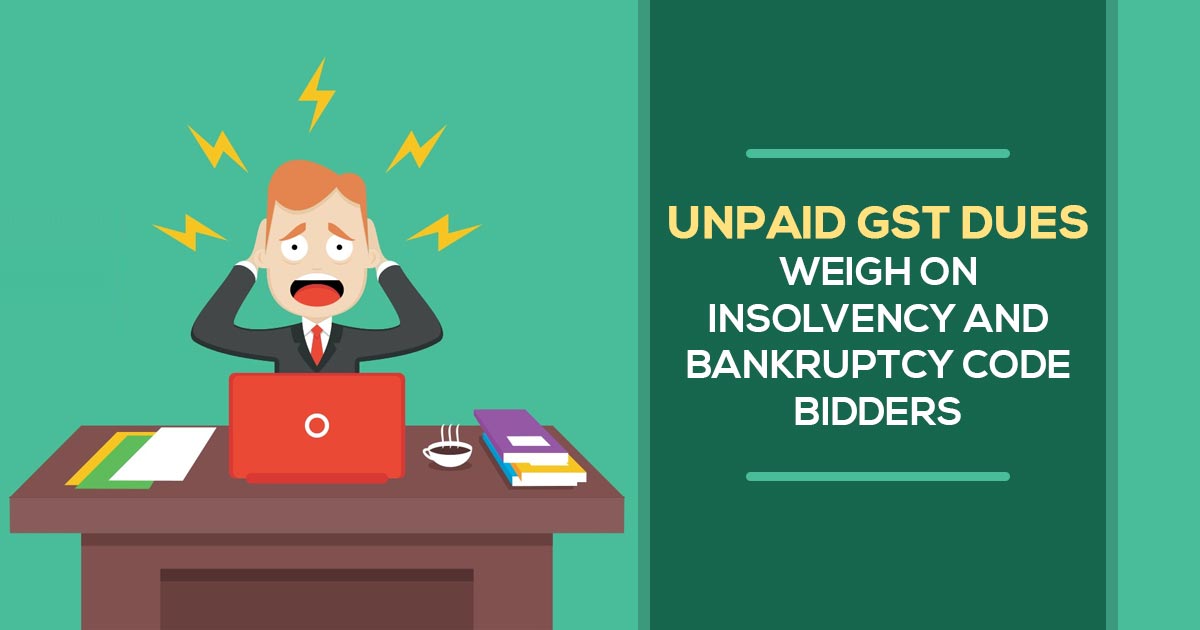
Despite the legislation giving them complete protection, a number of entities that have successfully bid and taken over the activities of a defaulting company under the Insolvency and Bankruptcy Code (IBC) are trapped in legal battles for unpaid GST.
Tax experts point out that in December 2022, the Central Board of Indirect Taxes and Customs issued a circular instructing tax adjudicating agencies to only collect the reduced amount of debt that was determined during the proceedings linked to the bankruptcy resolution process. Additionally, the failing company’s outstanding debts that weren’t covered by the authorized plan were discharged.
Although this circular laid to rest a substantial portion of litigation, its implementation remains a difficulty on the ground.
Form DRC-25 would be needed to get issued by the jurisdictional GST commissioners which shows the amount where the settlement has arrived. Given the significant amount of money at stake, there are some instances where this document is reluctantly issued.”Tribunals and courts are demanding submission DRC-25 for the conclusion of the GST litigation proceedings,” he continued. The further problem is that the resulting firm is entitled to collect considerable sums in the form of pre-deposits (paid at the appeal filing stage) once the IRP procedures are concluded and dues are resolved, but these funds are locked there since DRC-25 was not issued.
Questions were also raised regarding Input Tax credits. Sunil Gabhawalla, a chartered accountant, said that in most cases, challenges are faced by the successful bidder (the new company) while claiming Input Tax Credit on taxes paid to vendors prior to the takeover period.
Secondly, there are no regulations to secure other stakeholders’ interests. If the tax collected by the company is in default and not paid to the government, the defaulting company is responsible for recovering the pending dues or safeguarding them.
However, there is no protection given to the customer who paid the taxes to the defaulting company, and his Input Tax Credit is also refused. This may create reasonable issues in the continuation of the business relationship with the said customer by the successful bidder, said Gabhawalla.








